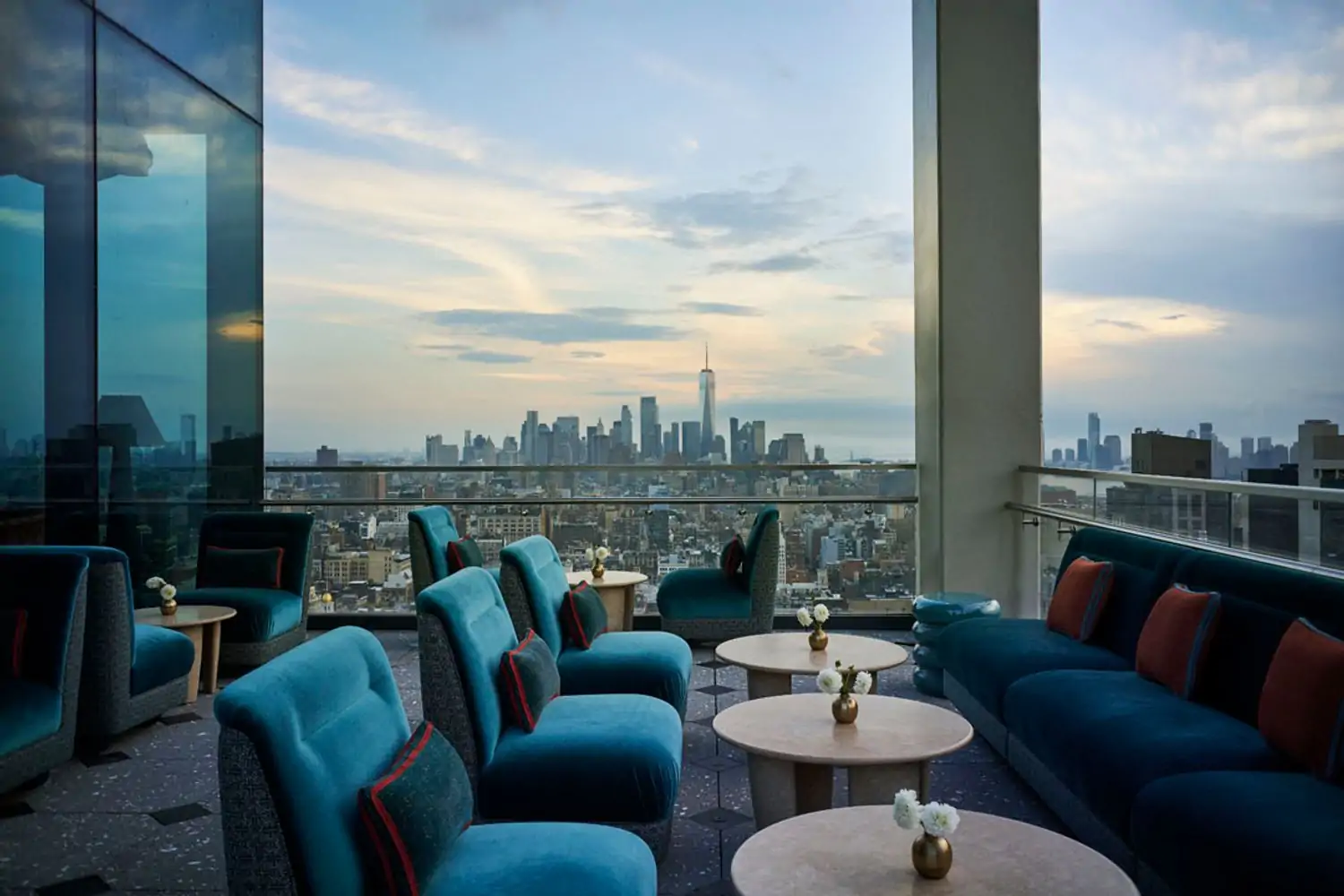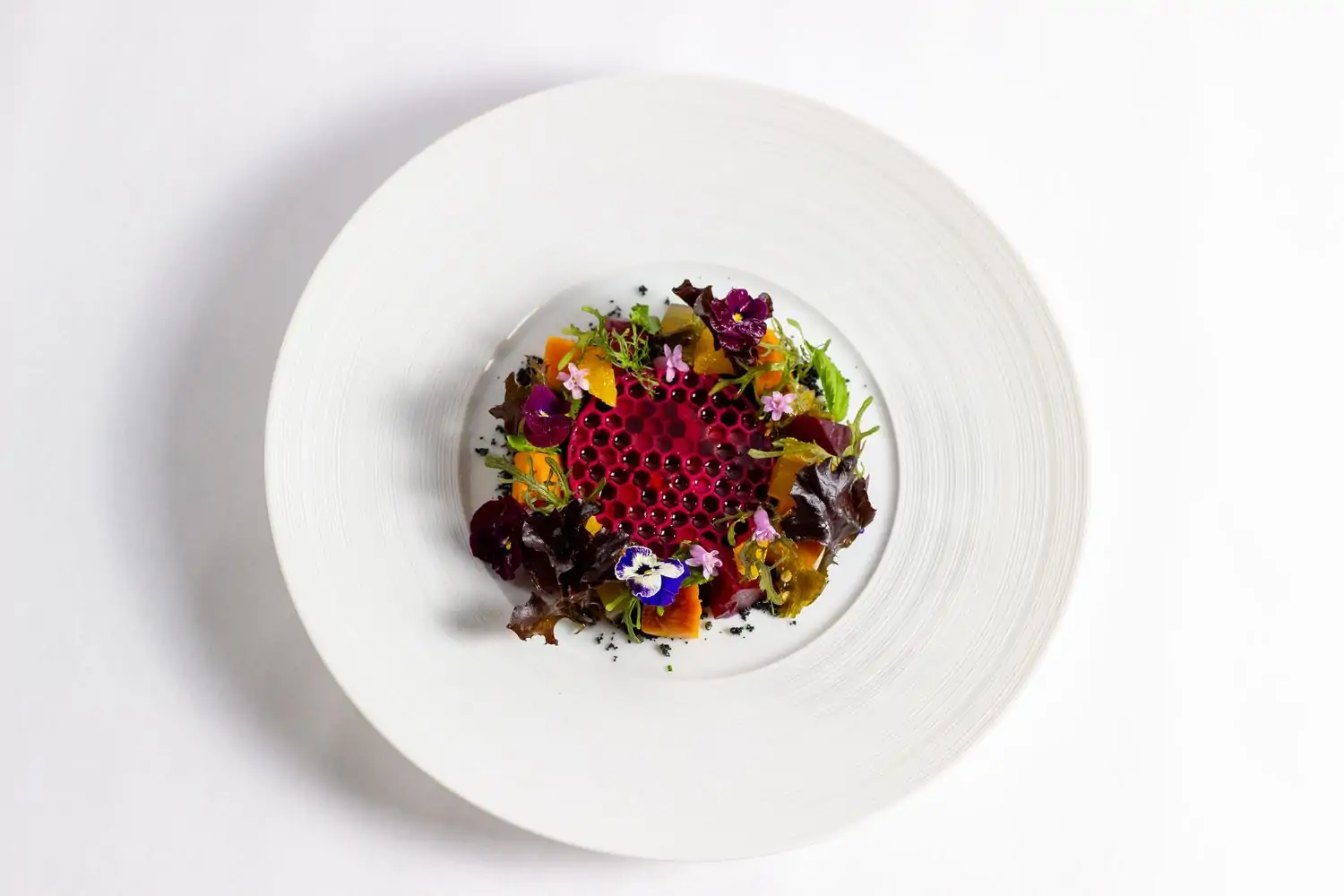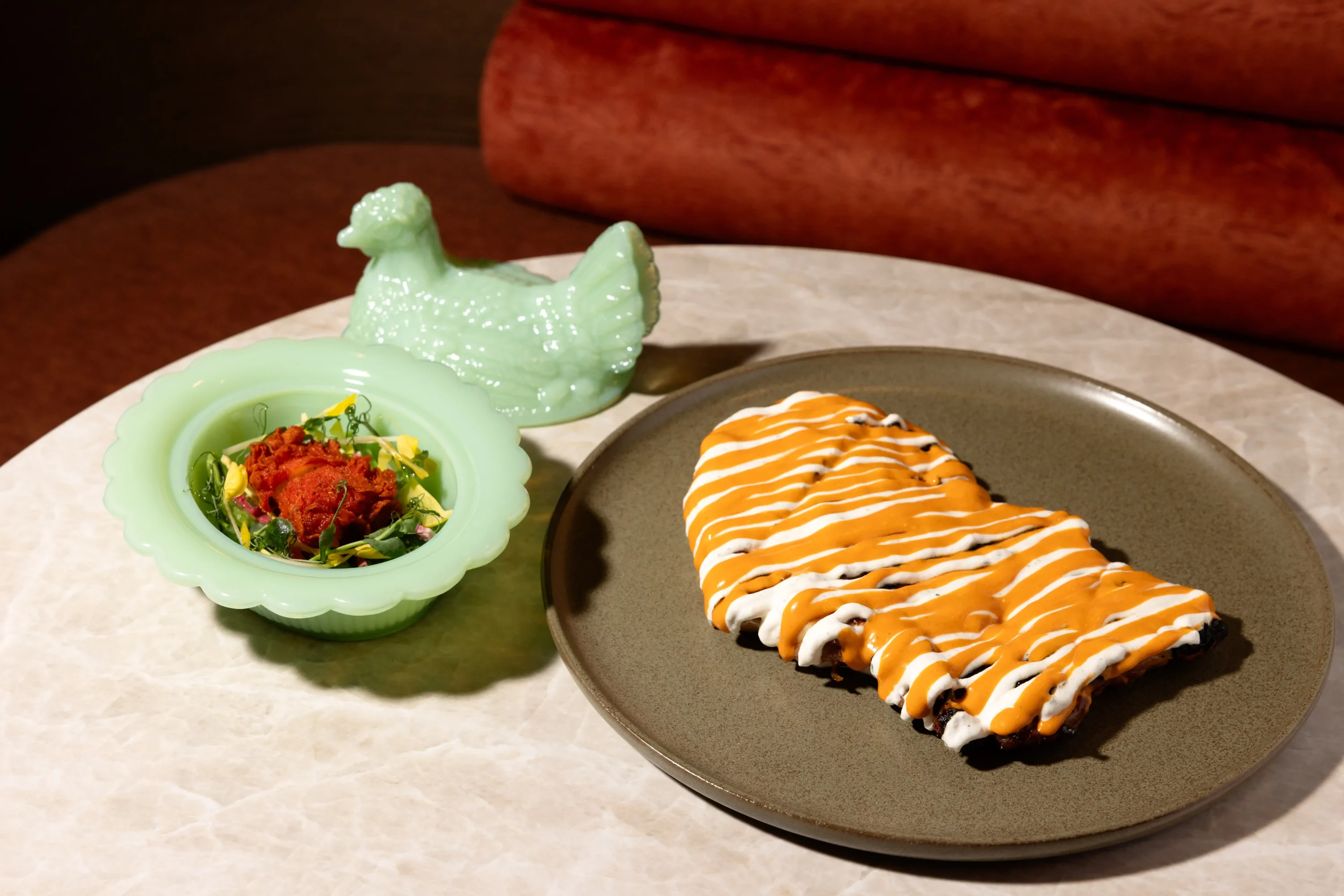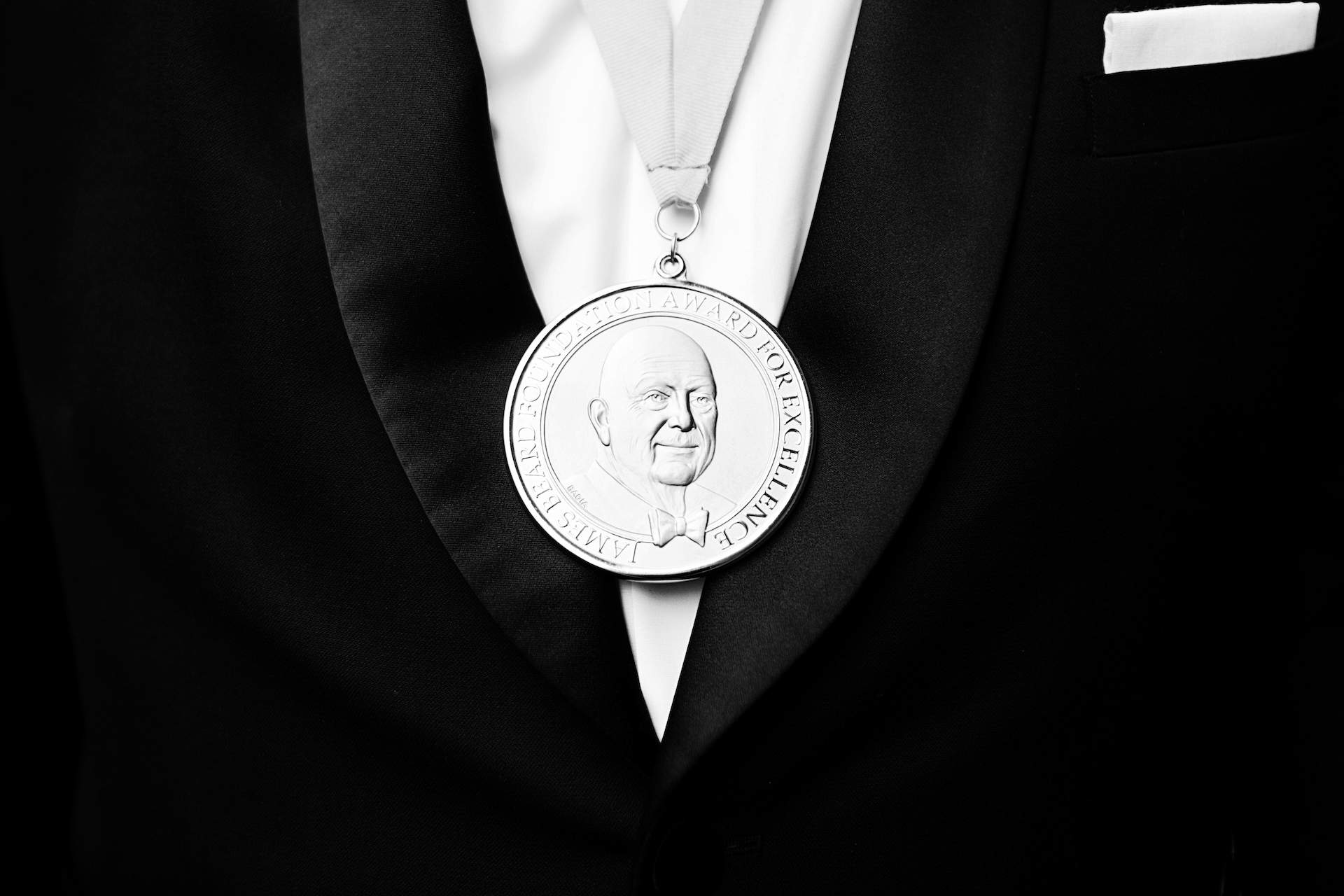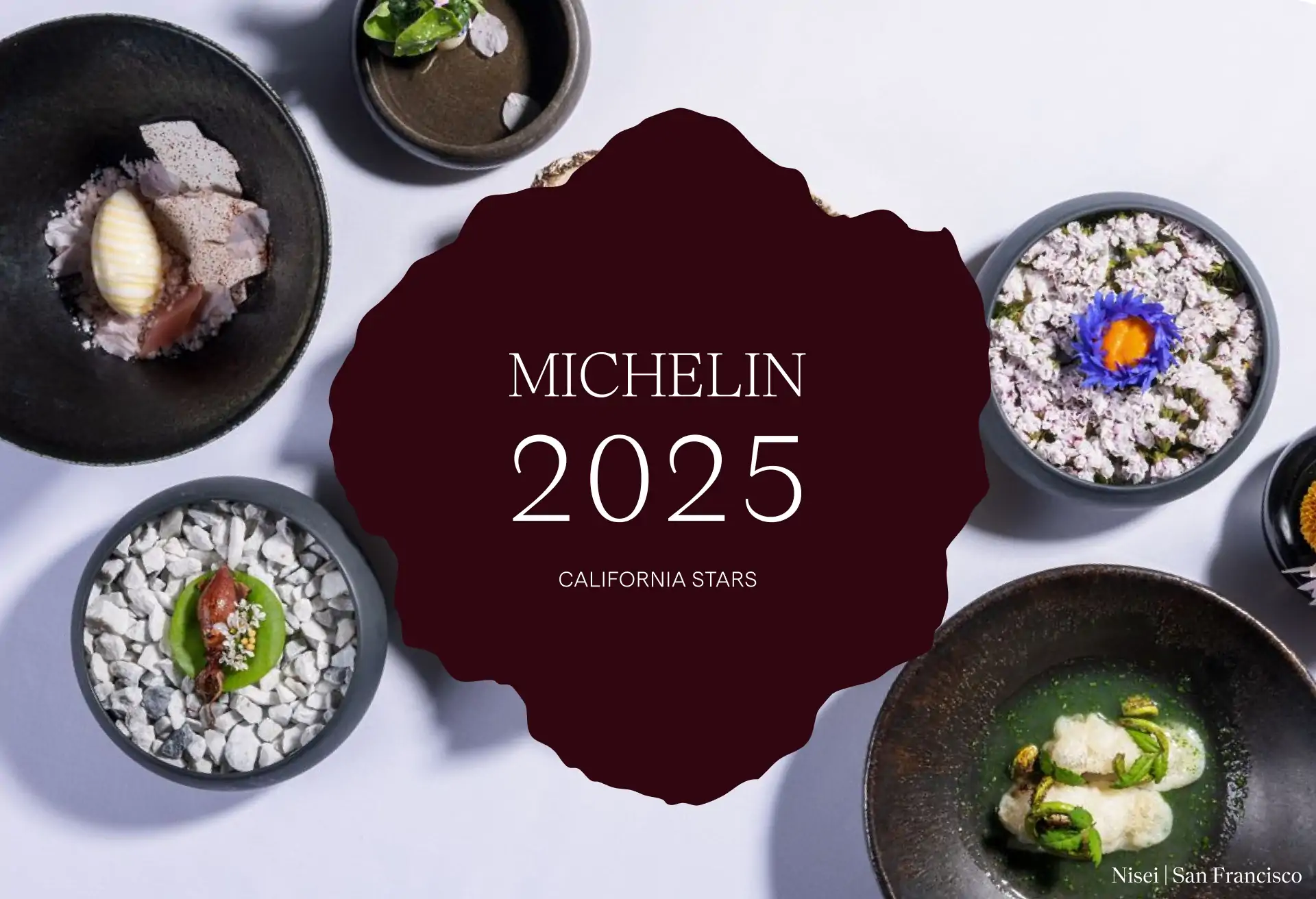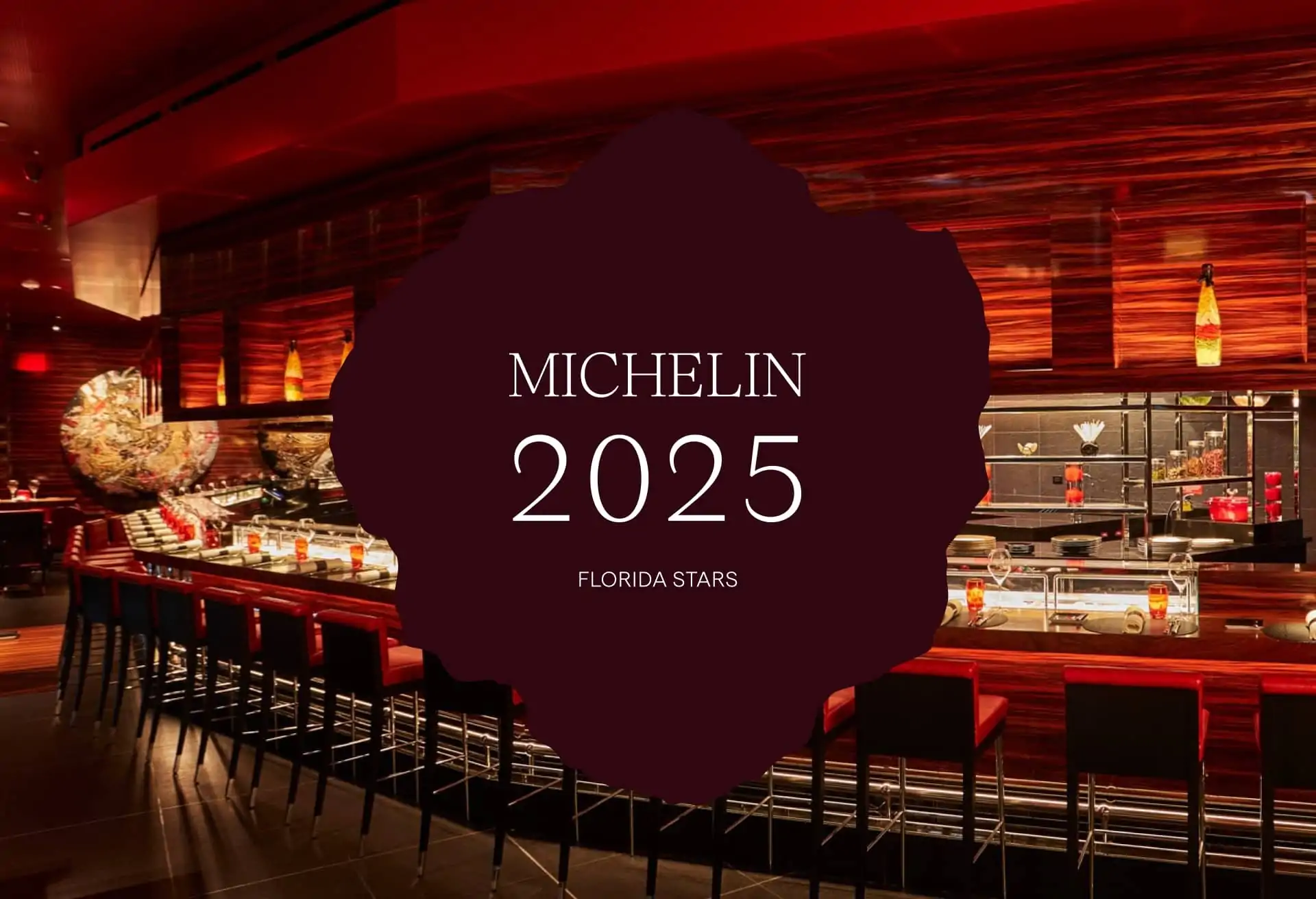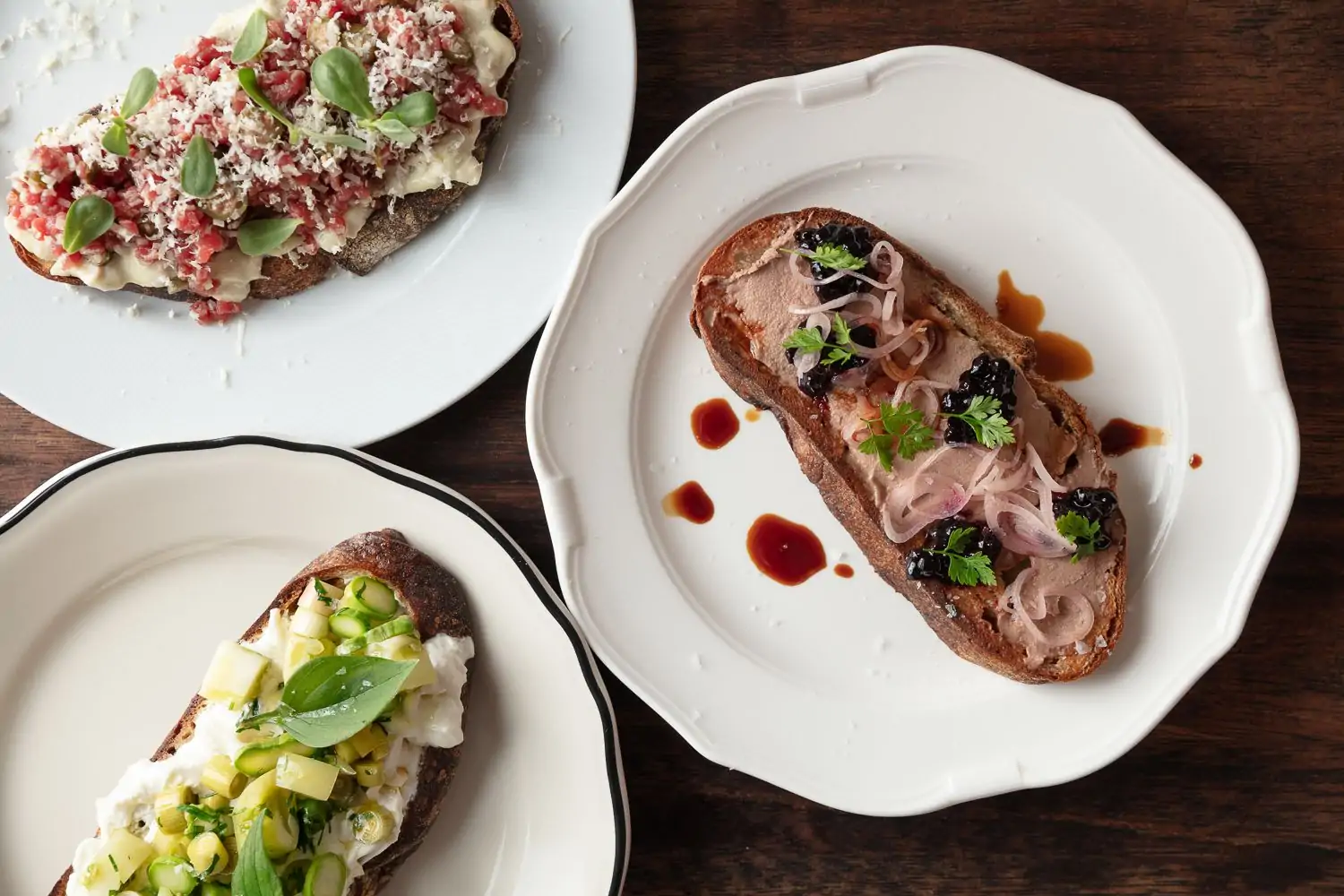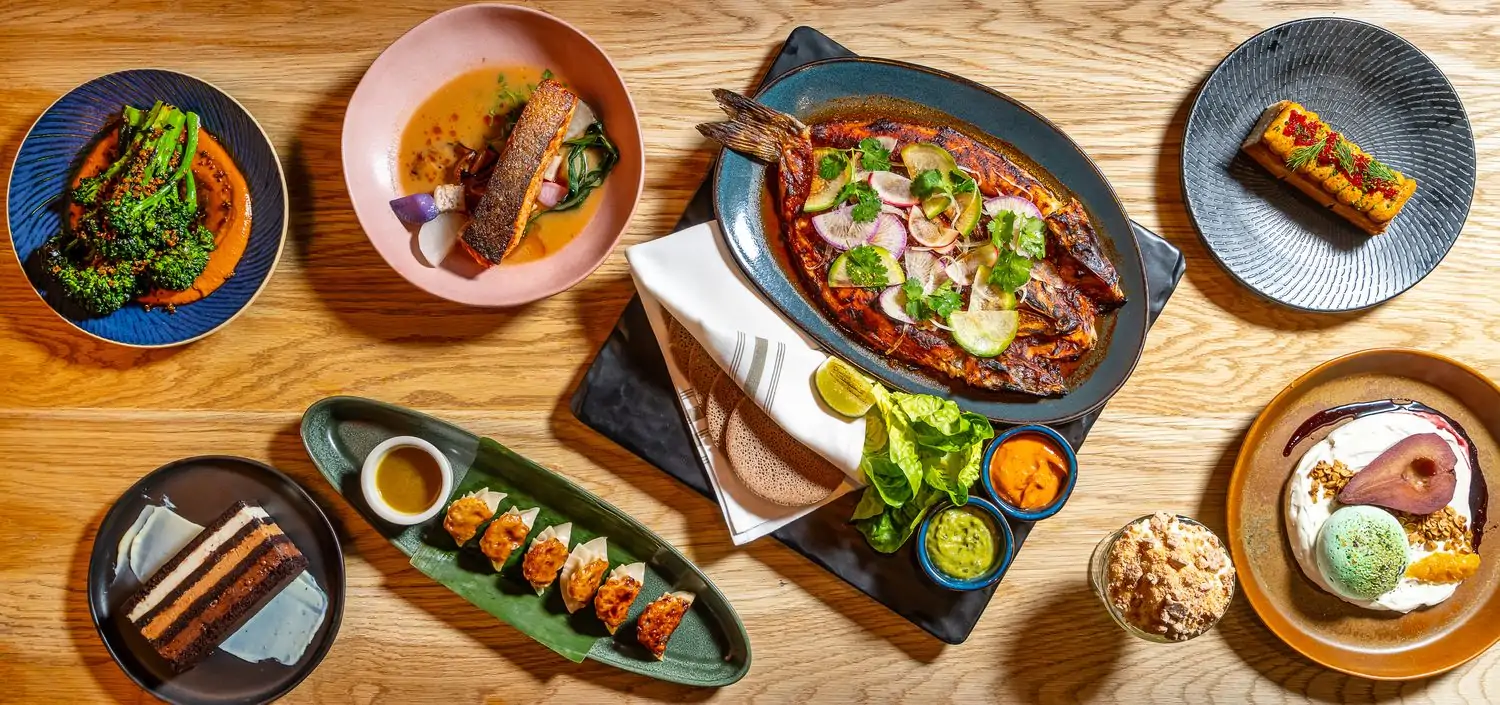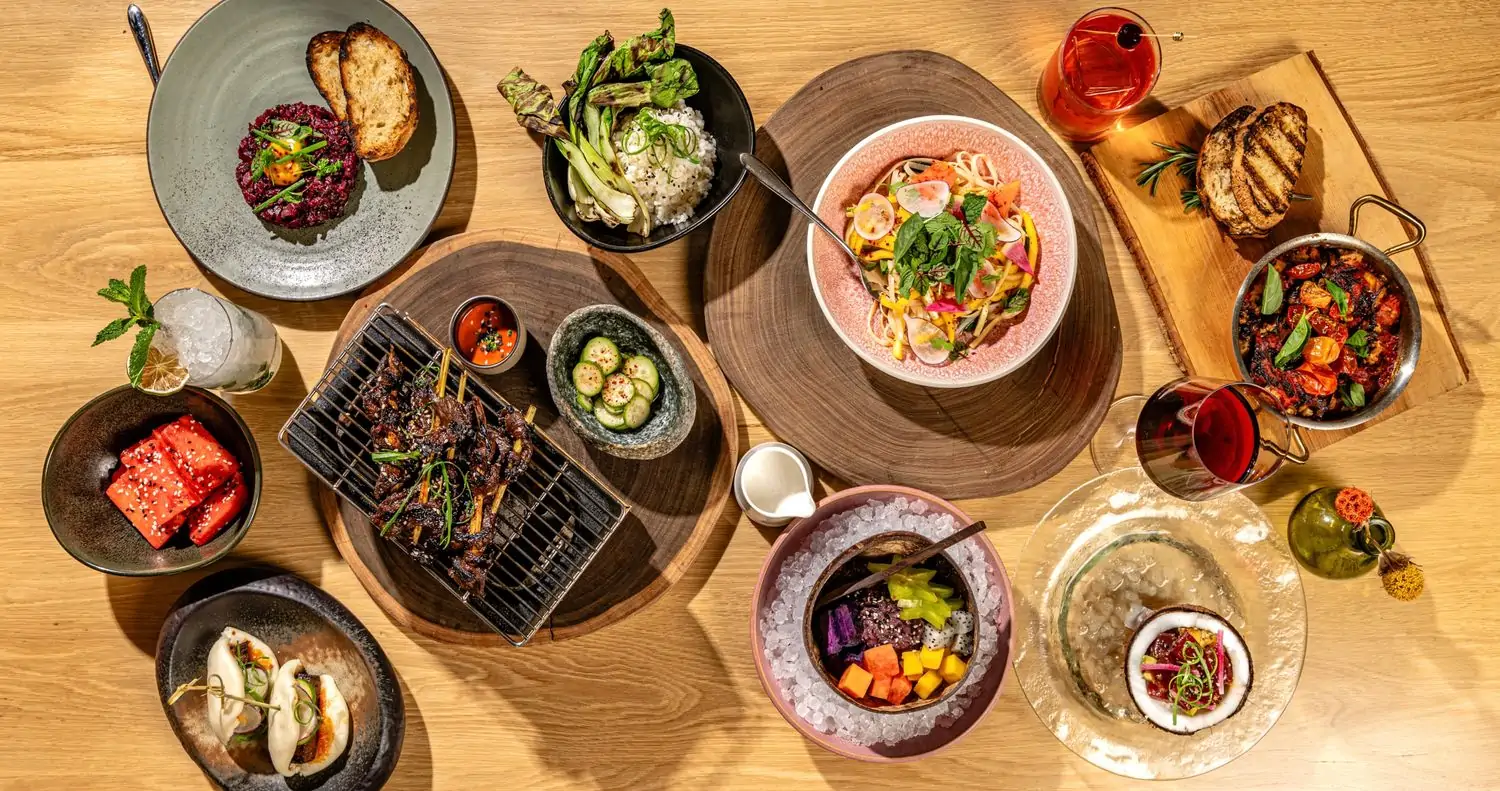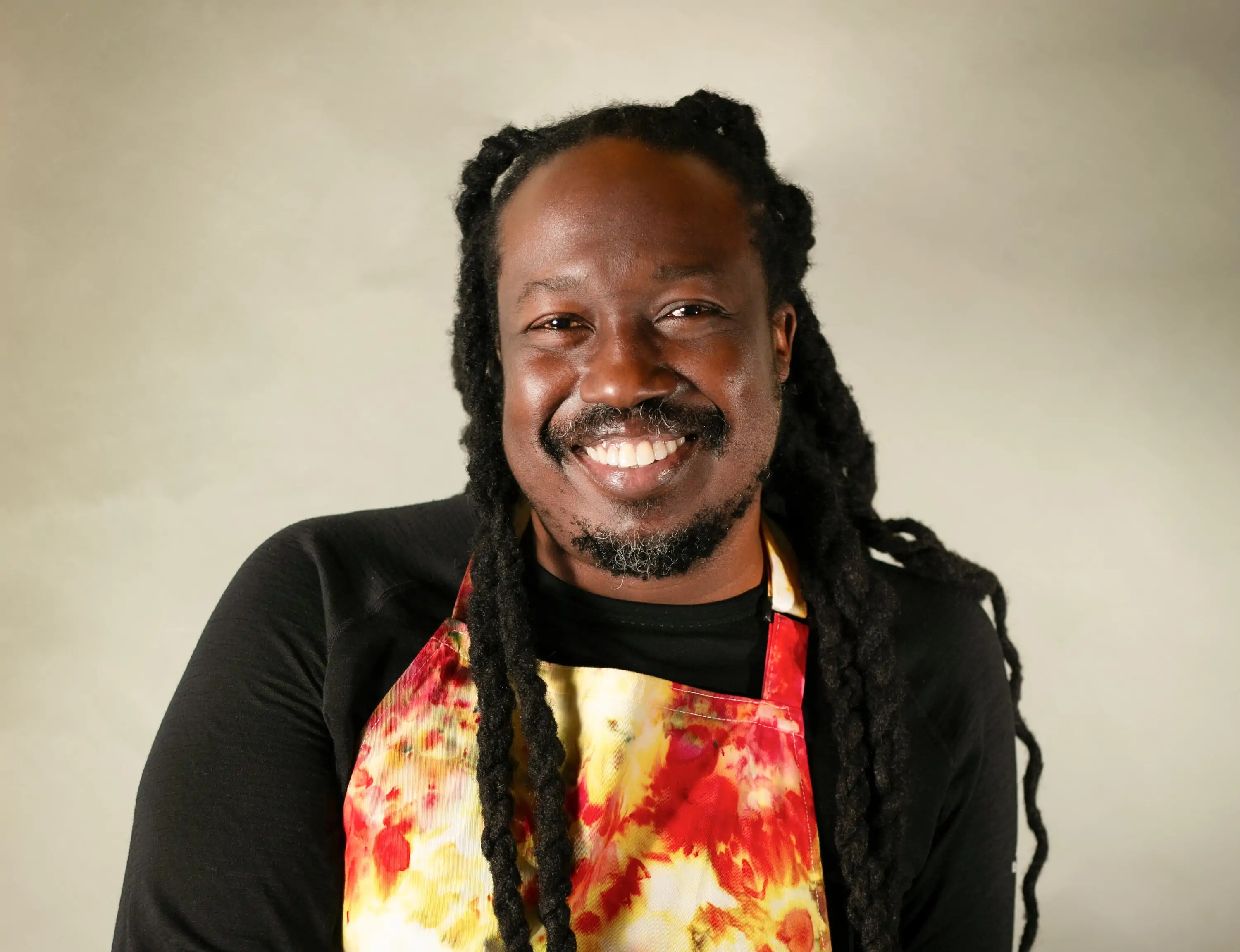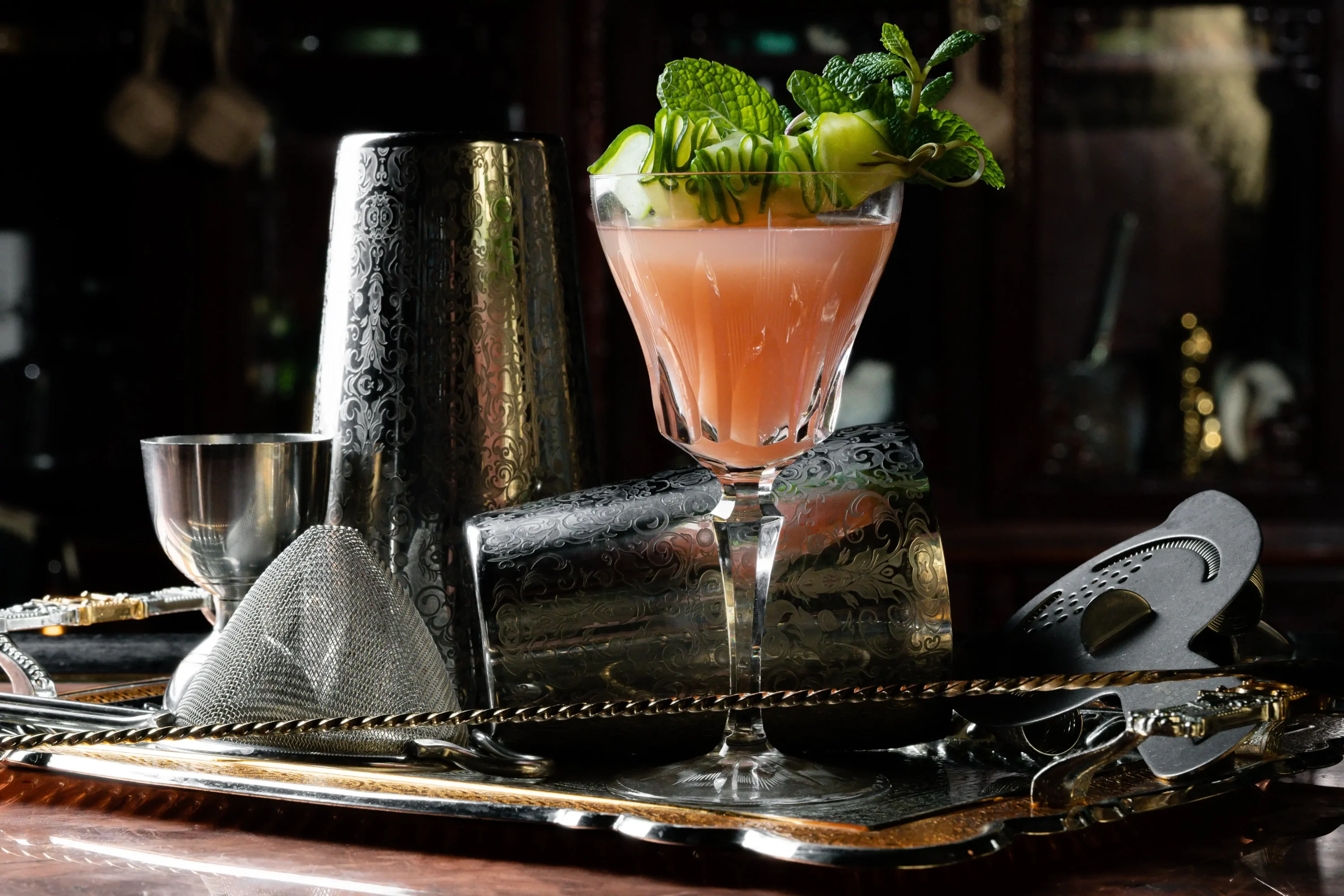Go deeper on dining
You’re in the right place for all things restaurants: city guides, new openings, chef interviews, and more.
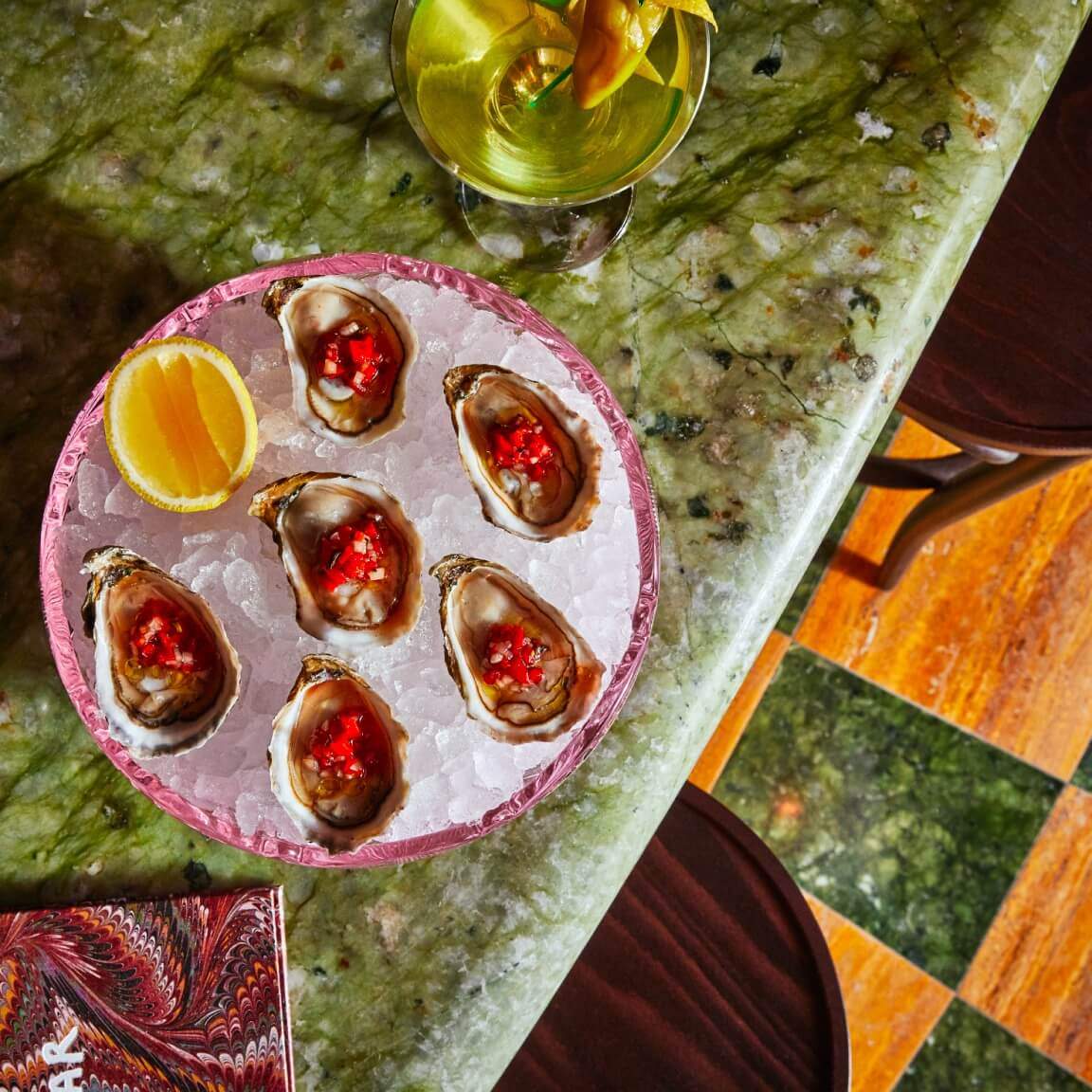
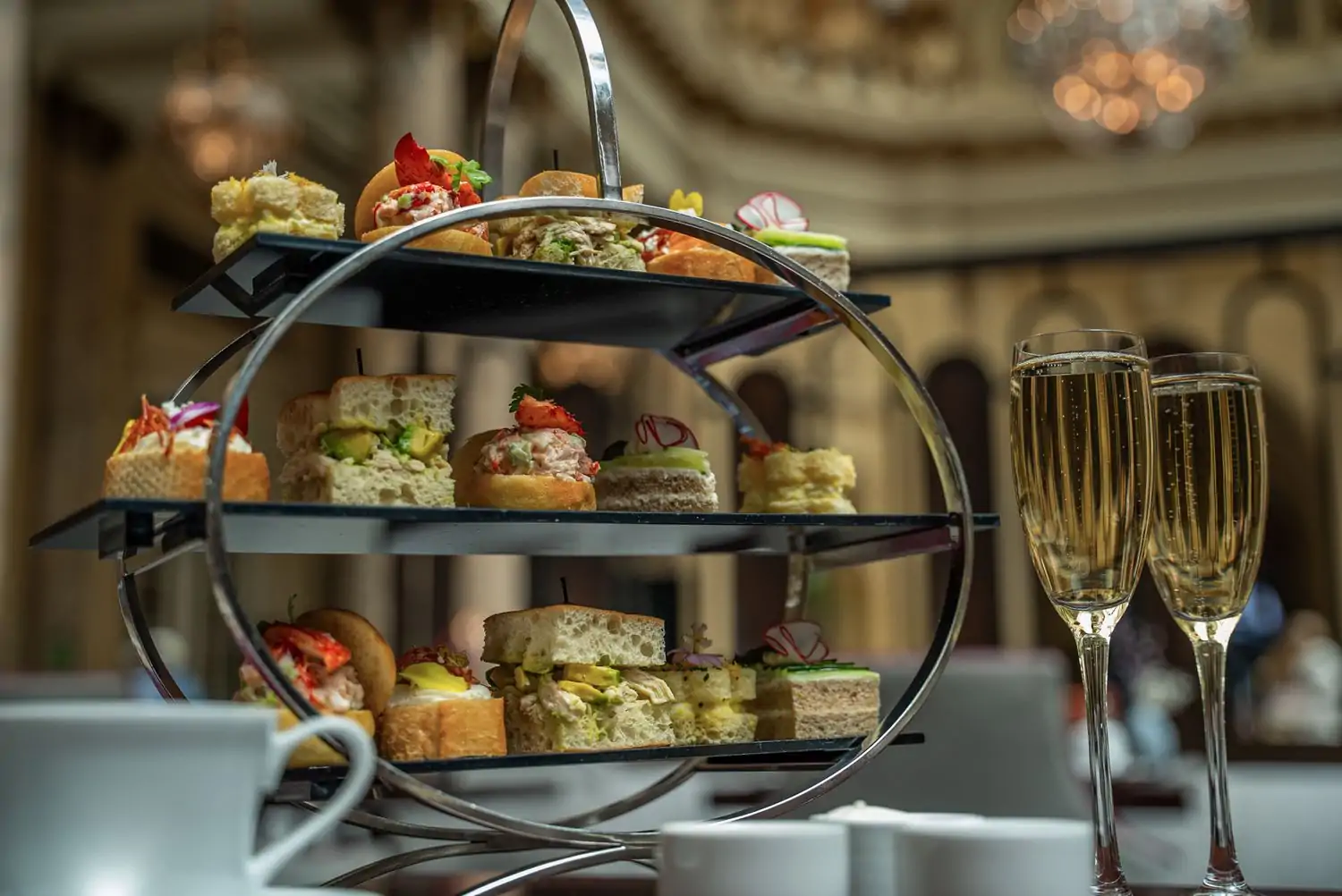
10 best hotel restaurants in San Francisco
These hotspots are working checking out, even if you’re not checking in.
City guides
These curated guides lead you to the best spots to book, guaranteed.
Restaurant world
New openings, hot events, industry awards: We’ve got the scoop for you on dining’s latest.
Get everything you need to tackle the restaurant industry’s latest challenges
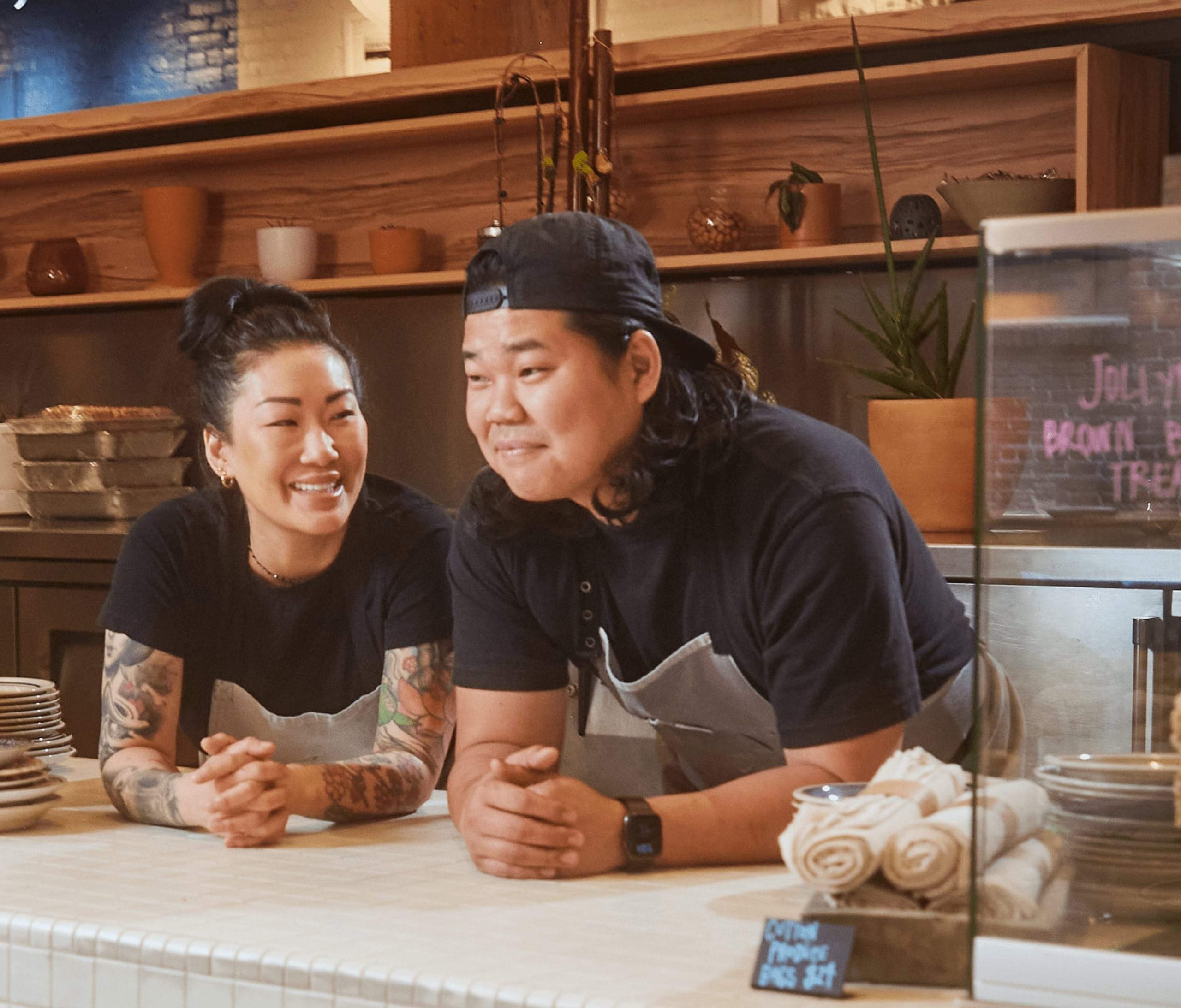
OpenTable news
Find out what we’re up to here at OpenTable, from exciting partnerships to the most compelling dining data.

OpenTable news
Uber and OpenTable team up to redefine dining
Read on to learn everything about a new one-of-a-kind partnership between Uber and OpenTable.
If it’s about restaurants, we’re on it. From dining guides to trend analyses, we sleuth out the chefs, restaurants, neighborhoods, and dishes shaping how we dine today.
